Big leaf hydrangea. Can you see it?
Illini Fan
last year
Featured Answer
Sort by:Oldest
Comments (33)
floral_uk z.8/9 SW UK
last yearken_adrian Adrian MI cold Z5
last yearRelated Professionals
Seabrook Landscape Architects & Landscape Designers · Kailua Landscape Contractors · Kerman Landscape Contractors · Wilton Landscape Contractors · Barrington Landscape Contractors · Dickinson Landscape Contractors · Shoreview Landscape Contractors · Westford Landscape Contractors · Maplewood Landscape Contractors · Shenandoah Landscape Contractors · Oceanside Driveway Installation & Maintenance · Burien Landscape Contractors · Selden Landscape Contractors · Seven Hills Landscape Contractors · San Bernardino Siding & Exteriorsgardengal48 (PNW Z8/9)
last yearIllini Fan
last yearIllini Fan
last yearmybrownthumbz6
last yeargardengal48 (PNW Z8/9)
last yearfloral_uk z.8/9 SW UK
last yeargardengal48 (PNW Z8/9)
last yeartsugajunkie z5 SE WI ♱
last yearpennlake
last yearIllini Fan
last yearmxk3 z5b_MI
last yeargardengal48 (PNW Z8/9)
last yearnicholsworth Z6 Indianapolis
last yearlast modified: last yearperen.all Zone 5a Ontario Canada
last yearnicholsworth Z6 Indianapolis
last yearpennlake
last yearsah67 (zone 5b - NY)
last yearwoodyoak
last yeargardengal48 (PNW Z8/9)
last yearwoodyoak zone 5 southern Ont., Canada
last yearlast modified: last yeardiggerdee zone 6 CT
last yearlast modified: last yearcharles kidder
last yeargardengal48 (PNW Z8/9)
last yeargardengal48 (PNW Z8/9)
last yearcharles kidder
last yeargardengal48 (PNW Z8/9)
last yearcharles kidder
last yeargardengal48 (PNW Z8/9)
last yearlast modified: last yearIllini Fan
last year
Related Stories

HOUSEPLANTSSee How Fiddleleaf Fig Trees Can Liven Up Your Decor
The tropical houseplant with big green leaves adds a cheerful and striking design element to rooms
Full Story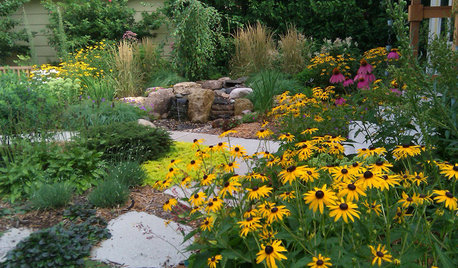
FALL GARDENINGSee How Just 1 Ingredient Can Jump-Start a Dazzling Fall Garden
Give tired, end-of-season borders a boost with one of these high-impact plants that cross over from summer to fall
Full Story
HOLIDAYSHow to Host a Big Holiday Meal in Your Not-So-Big Home
Here are 7 things you can do to make your dinner party a success
Full Story
DECORATING GUIDES15 Bite-Size Home Projects You Can Tackle in No Time
See how getting little decorating, cleaning and organizing tasks done can add up to a big sense of accomplishment
Full Story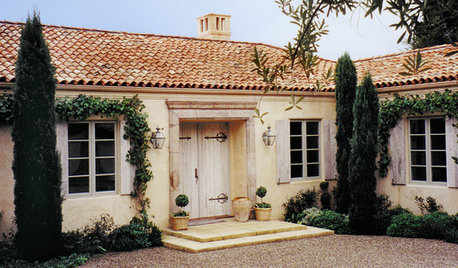
REMODELING GUIDES8 Natural Home Materials That Can't Be Beat
See how designing with natural stone, clay, wood and more can give a house luminosity, depth of color and lasting appeal
Full Story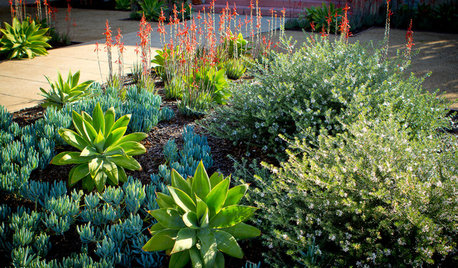
LANDSCAPE DESIGN6 Ways You Can Save on Your Garden Renovation
Find out how to spend wisely without compromising on style — and what to splurge on for big impact
Full Story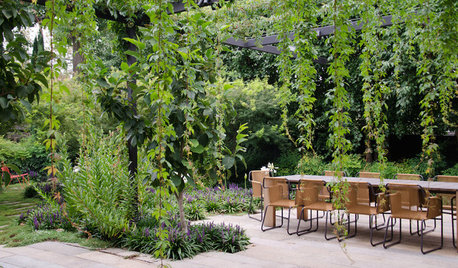
LANDSCAPE DESIGNSee 5 Unexpected Ways to Use Vines
Vines can grow over slopes, trail off pergolas and add seasonal color to the garden
Full Story
BEDROOMSBig Style for Small Bedrooms
Have a small bedroom? See how to mix and match colors and accessories for great warmth and interest
Full Story
DECORATING GUIDESSpotted! Decorating Schemes Turn Over a New Leaf
Think big when it comes to bringing the outside in via tropical leaf prints
Full Story

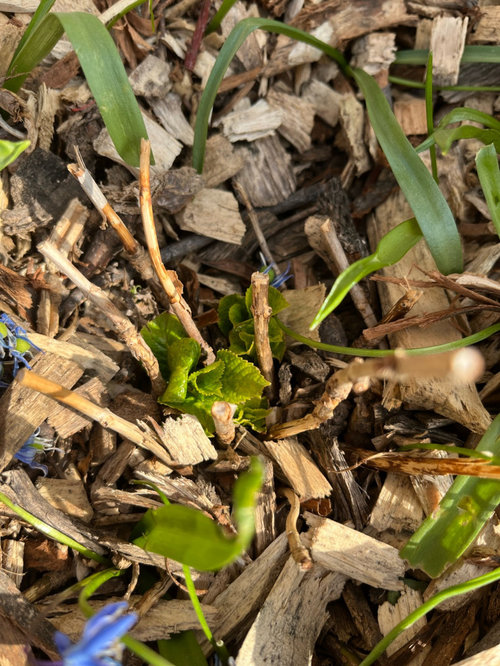



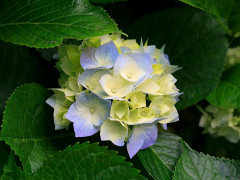
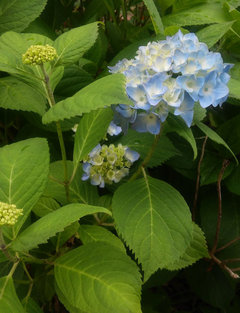

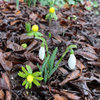
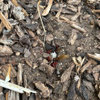
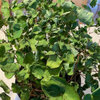
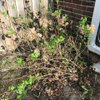
Illini FanOriginal Author